About Stilnox (Zolpidem) 10mg:
Stilnox (Zolpidem) 10mg is a prescription sleeping medication commonly used to treat short-term insomnia. It helps people who struggle to fall asleep or stay asleep during the night. Stilnox (Zolpidem) 10mg belongs to a group of medicines known as non-benzodiazepine hypnotics, which work on the brain to promote restful sleep without some of the side effects typically linked to older sleep medications.
- Available online at Chemist4, ensuring convenience and fast delivery across the UK.
Side Effects:
- Drowsiness and dizziness.
- Headache or nausea.
- Unusual sleep behaviors (sleepwalking, talking).
Precautions and Warnings:
- Not recommended for long-term use.
- Consult a doctor before use if pregnant, breastfeeding, or taking other medications.
- Avoid driving or operating machinery after taking Stilnox.
- Avoid Alcohol and Other Sedatives.
- Elderly and Liver-Impaired Patients.
- Mental Health Considerations.
Dosage and Usage Instructions:
-
Only take the medication when you can get a full 7 to 8 hours of sleep. If you wake up too early, you may experience drowsiness or confusion.
-
Do not take more than one tablet (10mg) in 24 hours. A higher dose does not improve sleep but increases the risk of serious side effects.
-
Avoid alcohol completely while using this medicine, as it increases sedation and the risk of dangerous side effects.
-
Take only when needed, not on a regular, long-term basis, unless your doctor has instructed otherwise.
Who Can Use Stilnox (Zolpidem) 10mg?
Adults aged 18 to 65 with temporary sleep disturbances, such as trouble falling asleep due to stress, jet lag, or routine changes, may be prescribed Stilnox (Zolpidem) 10mg to restore healthy sleep patterns. It helps improve sleep onset by calming brain activity and promoting relaxation.
- Recommended for adults struggling with short-term sleep disorders.
- Not suitable for children or individuals with a history of substance abuse.
How Does Stilnox (Zolpidem) Work?
Zolpidem belongs to the sedative-hypnotic class of drugs. It works by slowing brain activity, promoting relaxation, and inducing sleep. Stilnox targets the GABA (gamma-aminobutyric acid) receptors in the brain. GABA is a natural calming chemical that slows down activity in the nervous system. By enhancing GABA’s effects, Stilnox (Zolpidem) helps reduce brain activity, relax your muscles, calm your thoughts, and create the ideal condition for sleep to begin.
How long does Stilnox (Zolpidem) 10mg take to work?
The majority start to experience sleepiness within 15 to 30 minutes after taking the medication. The height effect usually happens around 1 hour after ingestion.
To get the full benefit of Stilnox (Zolpidem) 10mg, it’s important to:
-
Take it right before going to bed, when you are ready to sleep.
-
Make sure you can get a full 7 to 8 hours of uninterrupted sleep, as waking up too early may leave you feeling drowsy or confused.
-
Avoid eating a heavy or high-fat meal beforehand, as this can delay the absorption and reduce the effectiveness of the medication.
Can I take Stilnox (Zolpidem) 10mg every night?
Stilnox (Zolpidem) 10mg is designed for short-term use, normally not more than 7 to 14 nights in a row. Taking it each night time for an extended length may additionally result in tolerance, dependence, or withdrawal signs and symptoms when stopping. When taken every night over a prolonged period, your body may get used to the effects, meaning it might no longer work as well (this is called tolerance). Also, your brain may start to rely on the medicine to fall asleep, making it hard to sleep naturally without it. In some cases, stopping suddenly after long-term use can lead to rebound insomnia or other withdrawal effects.
Can Stilnox (Zolpidem) 10mg be taken with other medications?
Continually inform your doctor about other medicines you’re taking before beginning Stilnox (Zolpidem) 10mg. Combining it with sedatives, antidepressants, opioids, antihistamines, or alcohol can accentuate its sedative effect and boost the risk of serious respiratory issues or drowsiness.
-
Other sleeping pills or sedatives (like diazepam, lorazepam, or clonazepam)
-
Antidepressants, especially those that cause drowsiness (like amitriptyline or mirtazapine)
-
Opioid painkillers (such as codeine, tramadol, or morphine), which can dangerously slow breathing
-
Antihistamines that make you sleepy (e.g., diphenhydramine or promethazine)
-
Anti-anxiety medications or antipsychotics, which may intensify side effects
-
Muscle relaxants, which can increase drowsiness

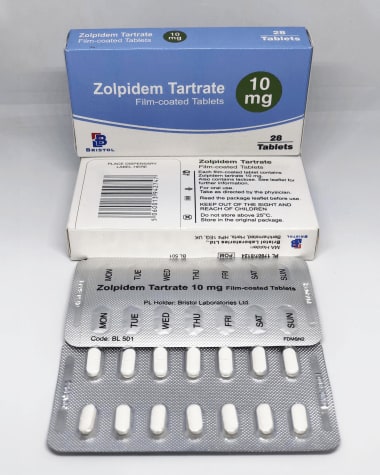

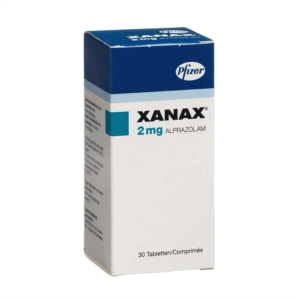
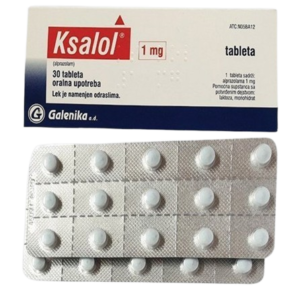



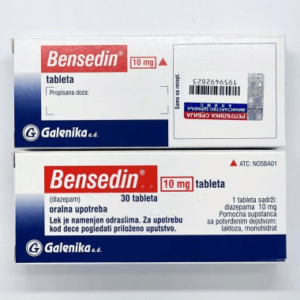
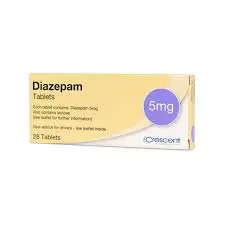


Reviews
There are no reviews yet.